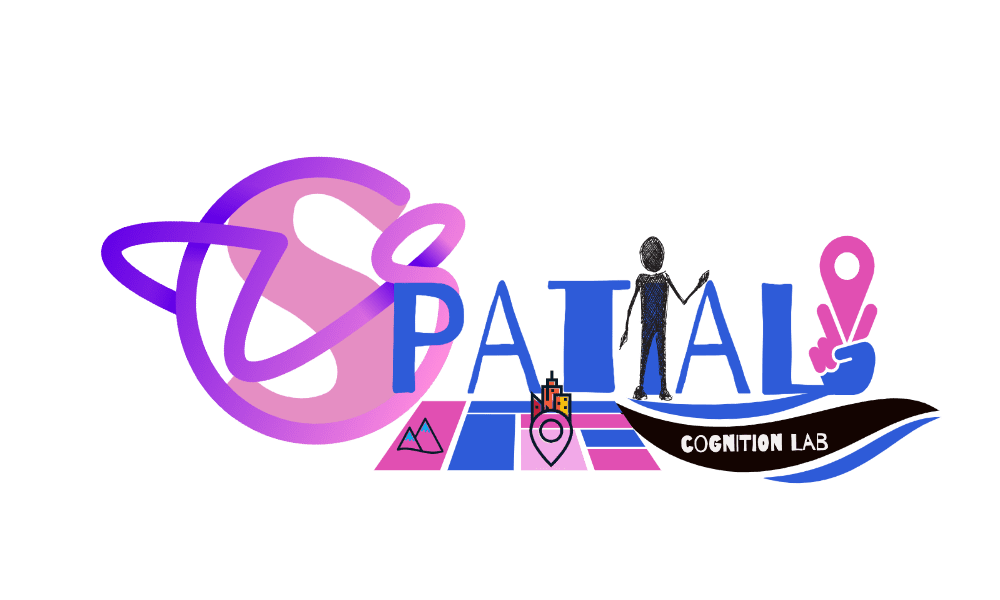The I-KAPCAM-AI-Q: A Novel Instrument for Evaluating Healthcare Providers’ AI Awareness in Italy
Bridging the Gap in AI Integration for Italian Healthcare
Understanding AI Readiness Among Italian Medical Professionals
The integration of Artificial Intelligence (AI) into healthcare holds immense promise for improving diagnostics, treatment, and patient care. However, successfully leveraging AI requires a thorough understanding of healthcare providers’ readiness and attitudes towards this transformative technology. Crucially, before this study, no validated tool existed to comprehensively evaluate these critical aspects specifically among Italian physicians.
We are delighted to announce the publication of a groundbreaking article titled "The I-KAPCAM-AI-Q: A Novel Instrument for Evaluating Healthcare Providers’ AI Awareness in Italy." This pivotal research, featured in Frontiers in Public Health, introduces and validates the Italian Knowledge, Attitudes, Practice, and Clinical Agreement between Medical Doctors and the Artificial Intelligence Questionnaire (I-KAPCAM-AI-Q). This new instrument addresses a significant gap, providing a much-needed tool to assess AI awareness among Italian medical professionals.
Read the full article here: https://www.frontiersin.org/journals/public-health/articles/10.3389/fpubh.2025.1655659/full
The Visionary Team Behind I-KAPCAM-AI-Q
This important work is the culmination of dedicated efforts by a multidisciplinary group of researchers:
-
Vincenza Cofini
-
Laura Piccardi
-
Eugenio Benvenuti
-
Ginevra Di Pangrazio
-
Eleonora Cimino
-
Martina Mancinelli
-
Mario Muselli
-
Emiliano Petrucci
-
Giovanna Picchi
-
Patrizia Palermo
-
Loreta Tobia
-
Arcangelo Barbonetti
-
Giovambattista Desideri
-
Maurizio Guido
-
Franco Marinangeli
-
Leila Fabiani
-
Stefano Necozione
Their collective expertise has been instrumental in developing this robust tool for evaluating AI readiness in the Italian healthcare landscape.
Developing and Validating the I-KAPCAM-AI-Q
This study employed a rigorous cross-sectional validation approach to develop and test the I-KAPCAM-AI-Q. The comprehensive validation process included several key stages:
Methodological Rigor and Pilot Testing
The development involved an expert review to ensure relevance and accuracy, followed by an assessment of face validity. Technical implementation testing was conducted to ensure the questionnaire's functionality. Finally, a pilot study was carried out with both medical residents and specialists, providing crucial insights into its practical application. The questionnaire comprises 29 items, a universal clinical scenario, and 6 specialized clinical scenarios tailored to different medical specialties.
Key Findings: AI Awareness and the Need for Enhanced Education
The questionnaire demonstrated strong content validity and acceptable internal consistency, affirming its reliability as an assessment tool. Pilot testing revealed several significant findings:
-
Limited Digital Training: Only 17% of participants reported having received digital technology training during their medical education, highlighting a critical gap.
-
High Clinical Agreement with AI: A remarkable 91% of participants showed clinical agreement with AI-proposed diagnoses, suggesting a general acceptance of AI's diagnostic potential.
-
AI Knowledge Peaks in Diagnostics: Knowledge was highest among AI applications in diagnostics, with 48% proficiency in this area.
-
Residents' Higher Interest: Residents exhibited a greater interest in technical support and evidence-based validation of AI compared to specialists.
Implications for Medical Curricula and AI Integration
The I-KAPCAM-AI-Q provides a reliable and validated instrument for assessing healthcare providers’ AI readiness in Italy. The study’s findings underscore a clear and pressing need for enhanced digital health education within medical curricula. By addressing this educational gap, future medical professionals will be better equipped to understand, utilize, and integrate AI effectively and safely into clinical practice, ultimately improving patient care and optimizing healthcare systems.





